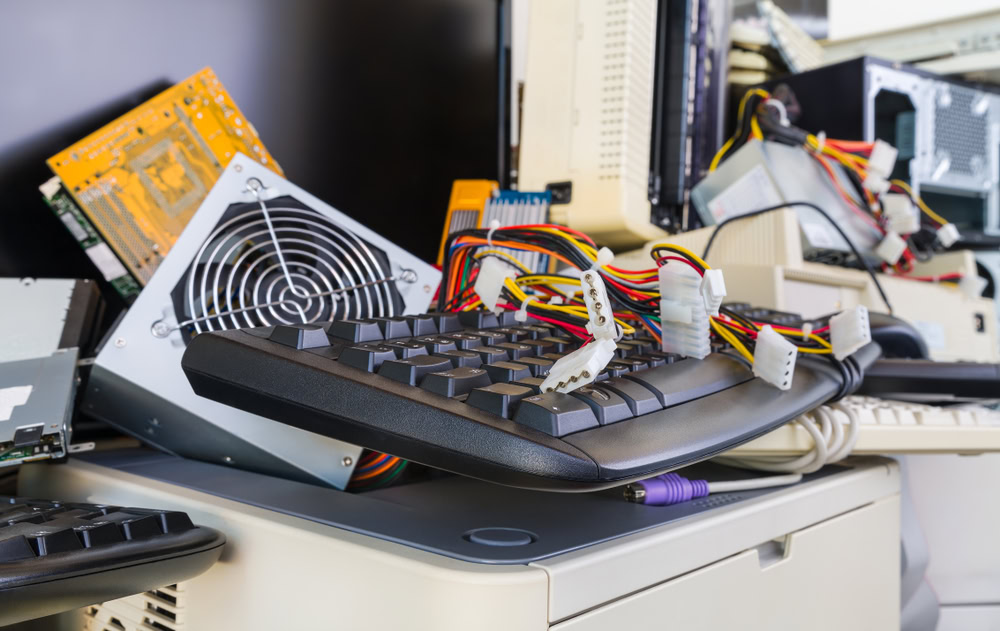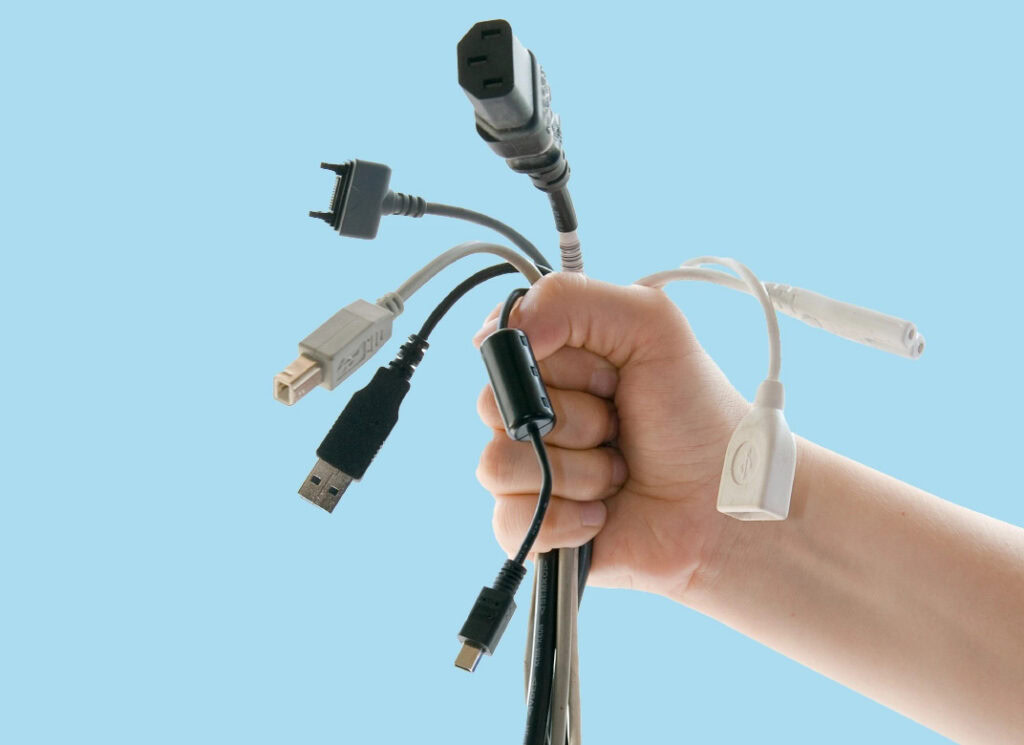The comments came from Philip Morton, chief executive of REPIC, in response to concerns about the reduced value of scrap metal and the impact this will have on the recycling of waste electrical items.
Repic’s members include producers such as Beko, Dyson, LG, Panasonic and Toshiba and many other manufacturers of electrical goods.
In an interview with letsrecycle.com, Dr Morton commented that changes to the WEEE system, which were brought about in early 2014, had reduced the cost paid by producers to fund the recycling of their products at the end of life, but that the cost paid to recyclers is not likely to have fallen.
The changes were made to the system to end some perceived overcharging for WEEE evidence, by some schemes who had collected more evidence than had been necessary to meet the recycling targets of their members.
Costs
Dr Morton said: “The prices we pay our treatment plants hasn’t changed from the old system to the new and it seems that within the old system the profits that were being made were being on the back of trading and on the cost of actually carrying out the activities.”
He added: “Under the old system evidence prices were artificially high, they were all tending to the same level – when we saw commodity prices change we didn’t see the change in evidence cost, it was absorbed in that healthy margin in between.
“Now, from our producers’ perspective they are far more interested in achieving the true cost of compliance. That true cost means that you are at the whim of the metals markets, the plastics markets. If we see commodity materials move up and down because WEEE is managed and costed at true costs we expect to see WEEE costs move up and down as the commodity markets do.”
For the full interview, click on the embedded video.








Subscribe for free